Adult Depression

Whole Person Counseling provides Depression Treatment for Adults in Englewood, CO and surrounding areas including Highlands Ranch, CO | Lone Tree, CO | Centennial, CO.
Often the first noticeable symptoms of Depression are physical symptoms, through stomach pains, headaches, disrupted or excessive sleep, and motor control difficulty. While the causes of depression vary, a predisposition for it runs in families and it can be triggered by trauma, adverse life circumstances, chemical imbalances in the brain, poor diet/nutrition, food allergies, hypothyroidism, and substance use, abuse, and/or addiction. Depression is diagnosed more frequently in women and tends to display differently in women than in men. Adolescents are also prone to depressive symptoms, often as a normal part of the developmental/maturation process, and here again, it manifests differently than in adults, and between males and females.
Depression has been referred to in the media as the #1 mental health problem in the United States; however, Anxiety is the most prevalent mental health problem in the United States, it’s not formally diagnosed as often, because people who suffer from anxiety are more productive in everyday life than those who experience depressive symptoms. People with anxiety are less likely to seek help for their disorder and are more likely to self-medicate with substances as a result.
People tend to suffer higher rates of depression after giving birth and in late fall through the winter months. Depression and anxiety almost always go together and often exacerbate each other. People with depression and anxiety commonly have difficulty concentrating on tasks/focusing, overthinking, obsessing, focusing on negative and judgmental thoughts. Sixty-eight to seventy-two percent of people abuse alcohol and drugs or overeat as a way of coping, causing them to develop other medical problems. Depressed people are also at increased risk for self-harm and suicide.
Depression is a mental illness which is characterized by prolonged physical and emotional symptoms including:
- Low to No Motivation
- Physical Pain (Upset Stomach, Back Pain, Shoulder Pain, Headache, Feeling Heavy)
- Sadness / Feeling Blue
- Guilt
- Dark / Unsettling Thoughts
- Suicidal thoughts / ideations
- Loss of Appetite or Over Eating
- Exhaustion
- Over Sleeping or Other Sleep Disorders (Insomnia, Going to Sleep, Staying Asleep)
- Irritability
Diagnosing depression involves meeting with a qualified mental health professional to determine whether a person’s symptoms are actually being caused by a different disorder. A person must have been experiencing symptoms for at least two weeks to be diagnosed with depression. Every case is unique and requires individual attention, but there are a number of effective complementary ways of treating depression, including:
- Talk Therapy / Cognitive Behavioral Therapy / Acceptance Commitment Therapy
- Taking Supplements and Probiotics
- Improved Diet / Nutrition
- Participating in regular exercise i.e. Cardio, Yoga, Weight Training, etc…
- Medication, as a last resort
* While some people will require medication, the vast majority of people with depressive symptoms can be more effectively treated with the four types of interventions listed above, respective to “Medication”. Recent research suggests that each of the four individually and in combination with each other, are more effective in addressing and treating depression than in combination with medication, or with medication alone.
Call Today For 50% Off Of Your First Appointment/Consultation!
303-842-2505 | Send Email
In-Home Sessions Available Upon Request
On-Line & Telephone Sessions Available Upon Request

